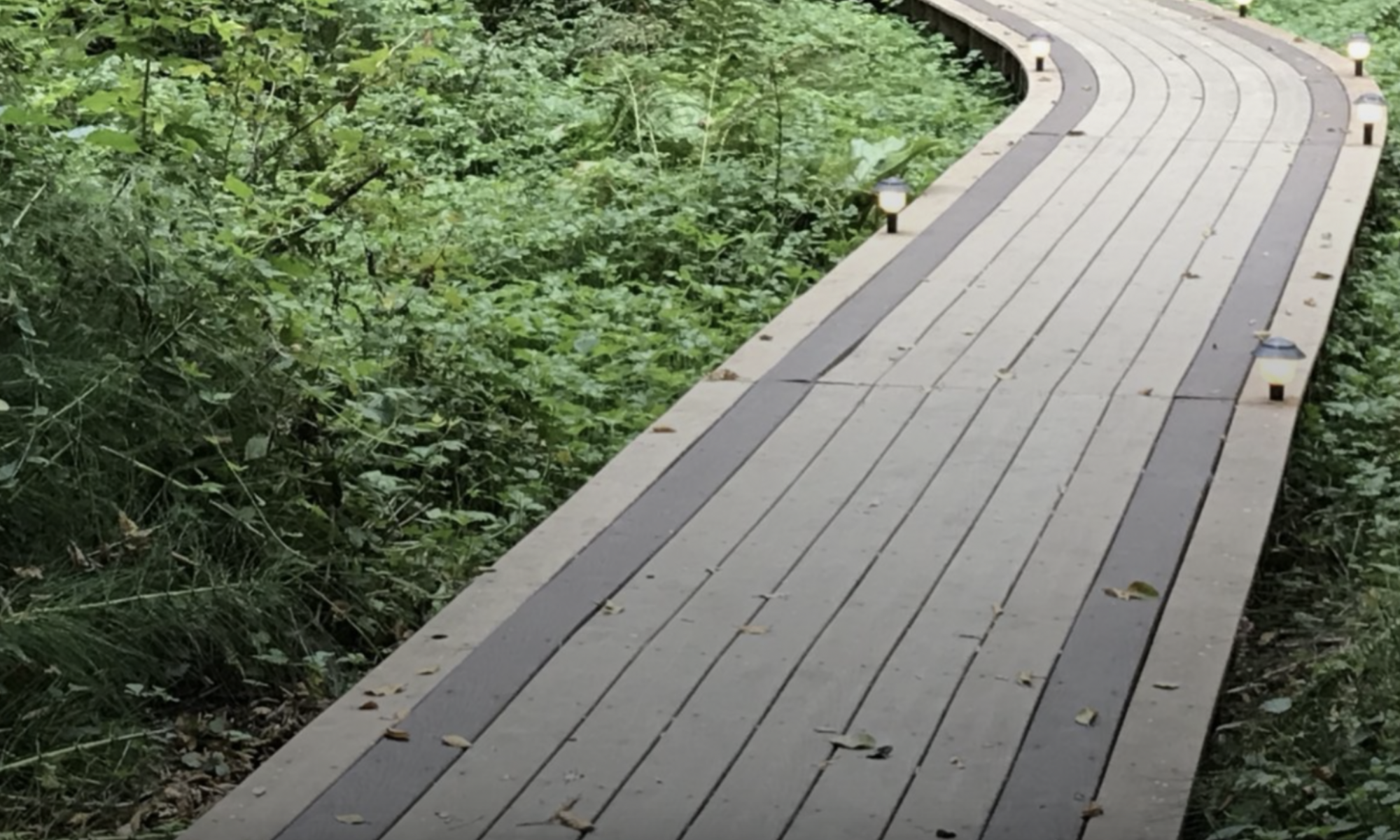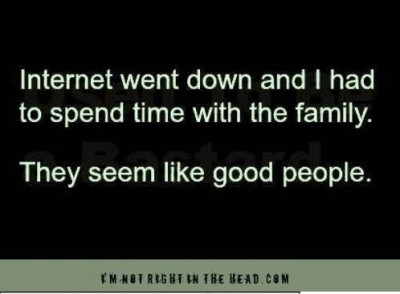Yesterday my partner Teresa Posakony was featured in a webinar hosted by Transition US. Her main focus was “Self-Hosting” and how that connects to leadership.
1,400 stress hormones kind of freaks me out. It sounds like a bad address. Just hearing that from her, that this is what humans have, is kind of like test-driving a hundred or two of them. Teresa did a really nice job providing information, engaging participants in exercises and polls, and inviting awareness and practice.
The basic point is that we humans are quite conditioned to stress. Reactions to stress, some set of the 1,400, have protected us. In some cases kept us alive. Given us ability crucial in the moment. They are, or have been, our friends, which is worth celebrating!
But reactions to stress are often like friends that overstay their welcome. Teresa reminds the group that the emotion of stress lasts only 90 seconds if not attached to a web of thoughts and experiences. That’s it. A 90 second mini-experience in one’s day. It is our thoughts (fears, perceptions, worries) that move stress from temporary visitor to permanent resident.
For most of us, stress creates contraction. It activates the reptilian part of our brain to fight, flight, freeze, or appease. Those responses limit our ability to be creative, arguably right at the time when we most need to be expansive.
Teresa did a really good job sharing her key learnings of the last decade, including connections to Heartmath, Neurosciences, Self-Hosting, and some of the application in community change. A few of the resources she used are posted here, as well as a link to her 75-minute webinar recording.

